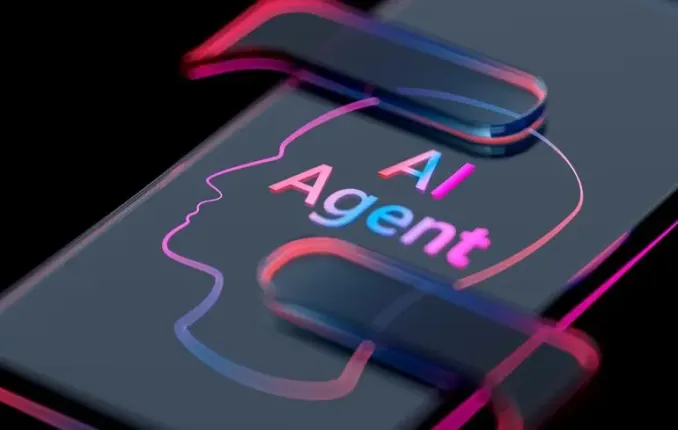The Threat of Fake Agents and the Real Potential of Artificial Intelligence: Unveiling the Hype and Reality of Agent Systems

In recent years, the topic of artificial intelligence and its applications in business has become one of the hottest trends in the digital technology industry. Of particular interest are so-called agent systems, which promise to revolutionize how we work and communicate with technology. However, behind this shine of success lie significant challenges and risks. A comprehensive study conducted by the globally renowned analytics firm Gartner reveals that most developers claiming to create AI agents are, in fact, offering modest chatbots or products with exaggerated capabilities. Out of thousands of specialists promising to develop agent-based systems, only about 130 are genuinely capable of creating autonomous digital assistants capable of performing tasks independently, without constant human oversight. The research shows that current projects involving agent AI are mostly in experimental phases or concept verification stages, often driven by hype rather than substantial business benefits. Experts warn that moving from hype to real-world deployment is a complex process: the technology remains in early development stages and requires a clear strategic approach. Gartner predicts that by 2028, up to 40% of ongoing AI projects may be discontinued due to high costs, unclear value, and insufficient risk management. Only 19% of surveyed companies actively invest in agent AI, with most preferring cautious, pilot-stage investments. An additional 8% dismiss the hype outright, and over 30% are simply observing how the technology influences business dynamics. Nevertheless, industry forecasts suggest that by 2028, around 15% of routine tasks within companies will be performed by AI agents, and approximately one-third of business software will incorporate agent AI features. Leading developers today include companies like Anthropic, with their Claude Opus 4 model capable of functioning autonomously throughout a workday, executing complex tasks, even those involving thousands of steps. OpenAI has introduced its Operator agent in 2024, designed to carry out user tasks, while Google is working on projects such as Project Mariner—an AI assistant for managing browsers and applications, and Project Astra—a multimodal agent responding to voice commands and working with smartphone cameras and smart glasses.

